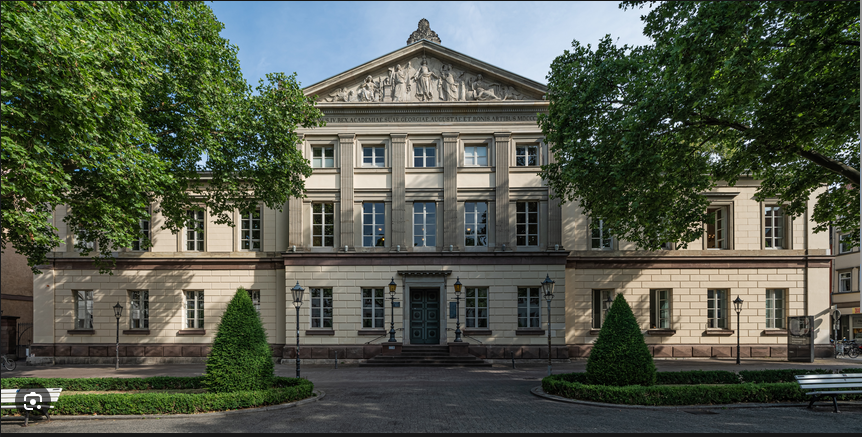Speakers
Description
In this World Café, we will explore the concept of resilience as it applies to food systems, how it can be measured, and how it differs from related concepts like sustainability and vulnerability. Despite its frequent use among researchers and practitioners, the term "resilience" remains ambiguous, with no clear consensus on its definition. This lack of clarity makes it challenging to translate the concept into a measurable index. Nonetheless, many donors and development agencies are increasingly investing in resilient practices and programs, particularly in response to shocks such as climate change. Therefore, during this World Café, we will examine various definitions of resilience, compare them with similar concepts that are sometimes incorrectly used interchangeably, and expand the idea of resilience to encompass the entire food system, taking into account the diverse actors and dimensions involved. We will pay special attention to the capacity of food systems to adapt to different types of shocks.
Table 1 - General definition of resilience (capacity vs. outcome)
What is resilience for you? Is it an inner capacity that each person has, or can it be observed only after a shock? Ex ante vs ex post
Table 2 - Resilience of a food system
How can we apply the concept of resilience to the entire food system? What should we consider? How can a food system be resilient?
Table 3 - Resilience and adaptation to shocks
What are the measures/interventions/policies to be implemented in order to prevent and adapt to shocks? Different interventions for different shocks --> focus on shocks related to food systems (climate change and extreme weather events)
Table 4 - Resilience vs. vulnerability vs. Sustainability
What are the differences between resilience, vulnerability, and sustainability? Important to distinguish the concepts, each concept is associated with different interventions and policies

